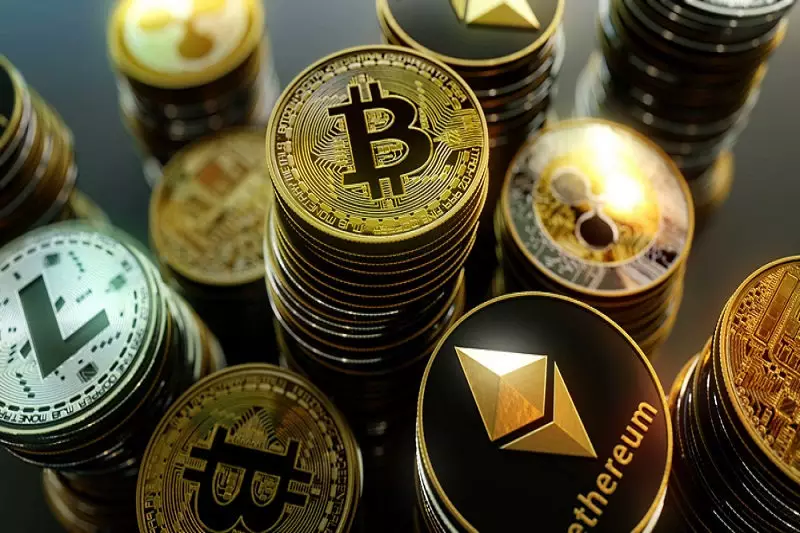The cryptocurrency market is witnessing a transformative phase, exemplified by Bitcoin’s recent price movement. As the largest cryptocurrency by market capitalization, Bitcoin’s surge has captivated investors and analysts alike. Following a notable rise, Bitcoin has touched the $62,000 mark, prompting forecasts of a potential breakout that could propel it towards a new all-time high. Analyst Michaël van de Poppe believes that Bitcoin is currently navigating a “crucial resistance zone” around $65,000, which could be pivotal for its next moves. The market sentiment, often referred to as “Uptober,” speaks to the optimistic projections for Bitcoin’s performance in the upcoming weeks. As of the latest figures, Bitcoin traded at approximately $66,883, representing a slight increase of 1.57% over the preceding 24 hours. Such fluctuations not only reflect Bitcoin’s volatility but also highlight the fervent interest surrounding its price trajectory.
In a parallel development, Ripple has made significant strides with its stablecoin, RLUSD. The company recently reported minting an impressive 4.5 million RLUSD tokens in just one day. This process occurred at the RLUSD Treasury and is part of Ripple’s strategic maneuvers to improve the stablecoin’s infrastructure before its full launch later this year. These minting efforts support the ongoing testing of RLUSD on both the XRP Ledger and the Ethereum mainnet, which has been in private beta since earlier this summer. The importance of this stablecoin can’t be understated; its successful deployment could position Ripple as a key player in the growing ecosystem of cryptocurrencies focused on stability and utility. As the market shifts, innovations such as RLUSD will play a critical role in facilitating transactions and maintaining liquidity within the blockchain space.
Amidst these developments, prominent financial thinker Robert Kiyosaki has raised important concerns regarding the value of traditional currencies, particularly the U.S. dollar. Kiyosaki’s critique stems from the historical perspective that the dollar’s detachment from the gold standard in 1971 marked a turning point in its value, effectively branding it as “fake.” His insightful commentary emphasizes that wealth accumulation isn’t achieved through saving such devalued currency and reiterates the notion that many commonly held beliefs about assets—like homeownership—may need reevaluation. Kiyosaki’s assertion that “savers are losers” speaks volumes about the changing paradigms of wealth and savings, urging individuals to adopt a more informed approach to financial education. In light of potential economic challenges, it’s crucial for people to engage actively with their financial futures, moving beyond passive saving strategies.
As the cryptocurrency landscape evolves, fueled by rising prices and innovative financial products, the narrative becomes increasingly complex. Traders and consumers alike must navigate these shifts with a critical eye, balancing optimism for emerging opportunities with cautionary tales about traditional financial practices. The interplay between cryptocurrencies like Bitcoin and Ripple’s RLUSD, alongside the perspectives of financial educators like Kiyosaki, illustrates a multifaceted financial environment ripe with potential and pitfalls. Embracing financial education and remaining vigilant are essential components for anyone looking to thrive in this dynamic market.


Leave a Reply